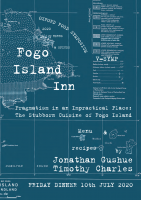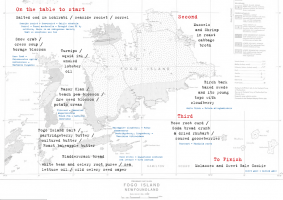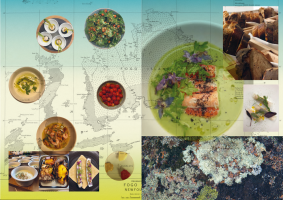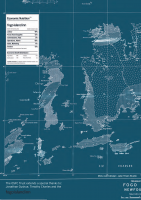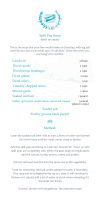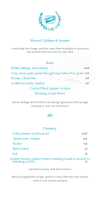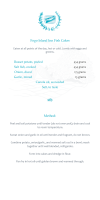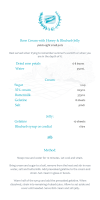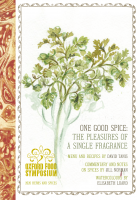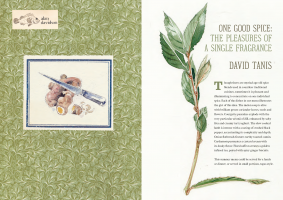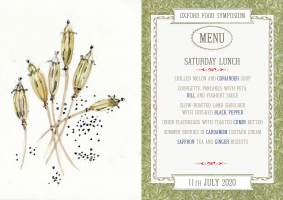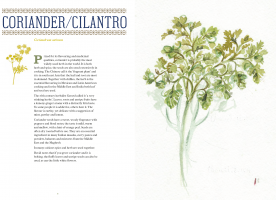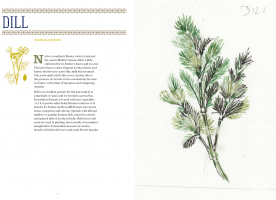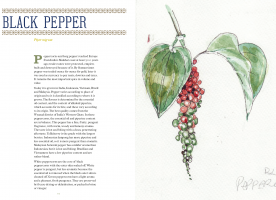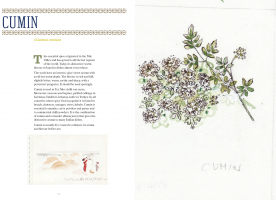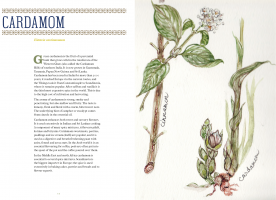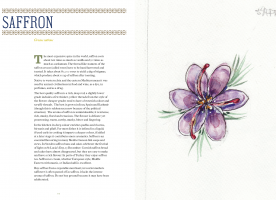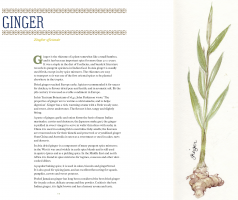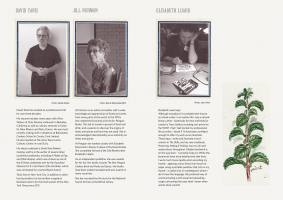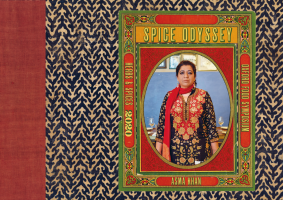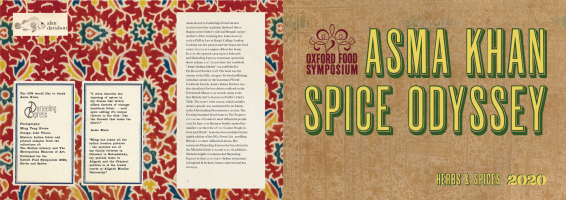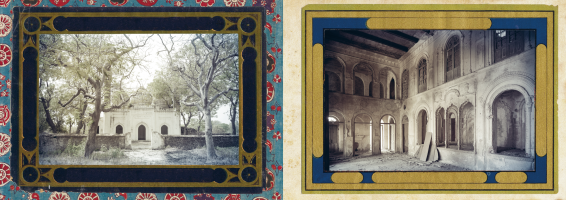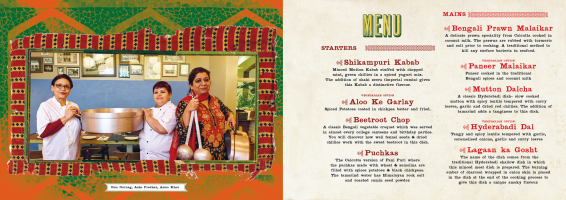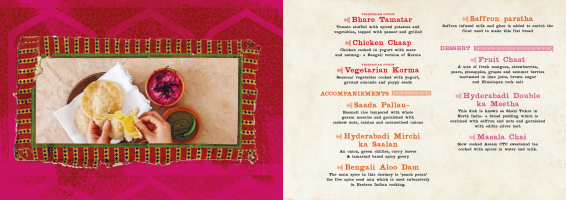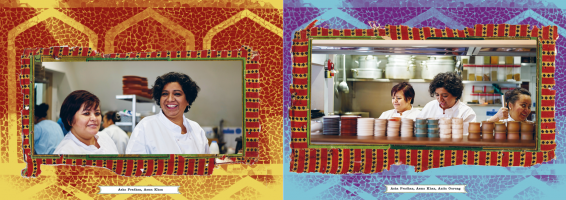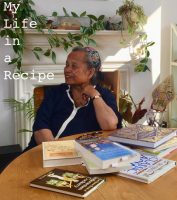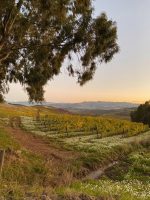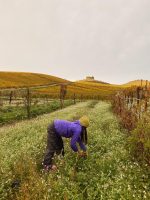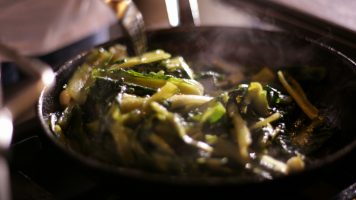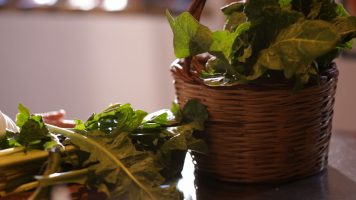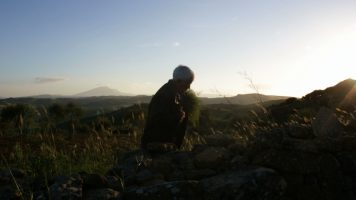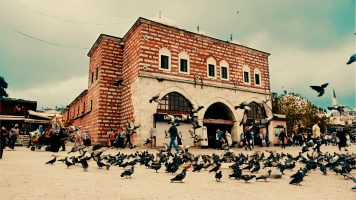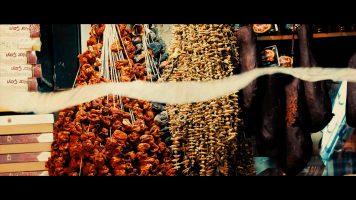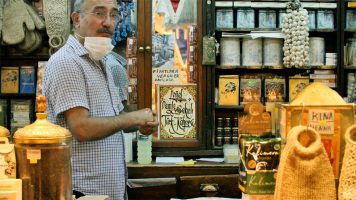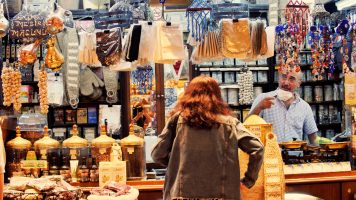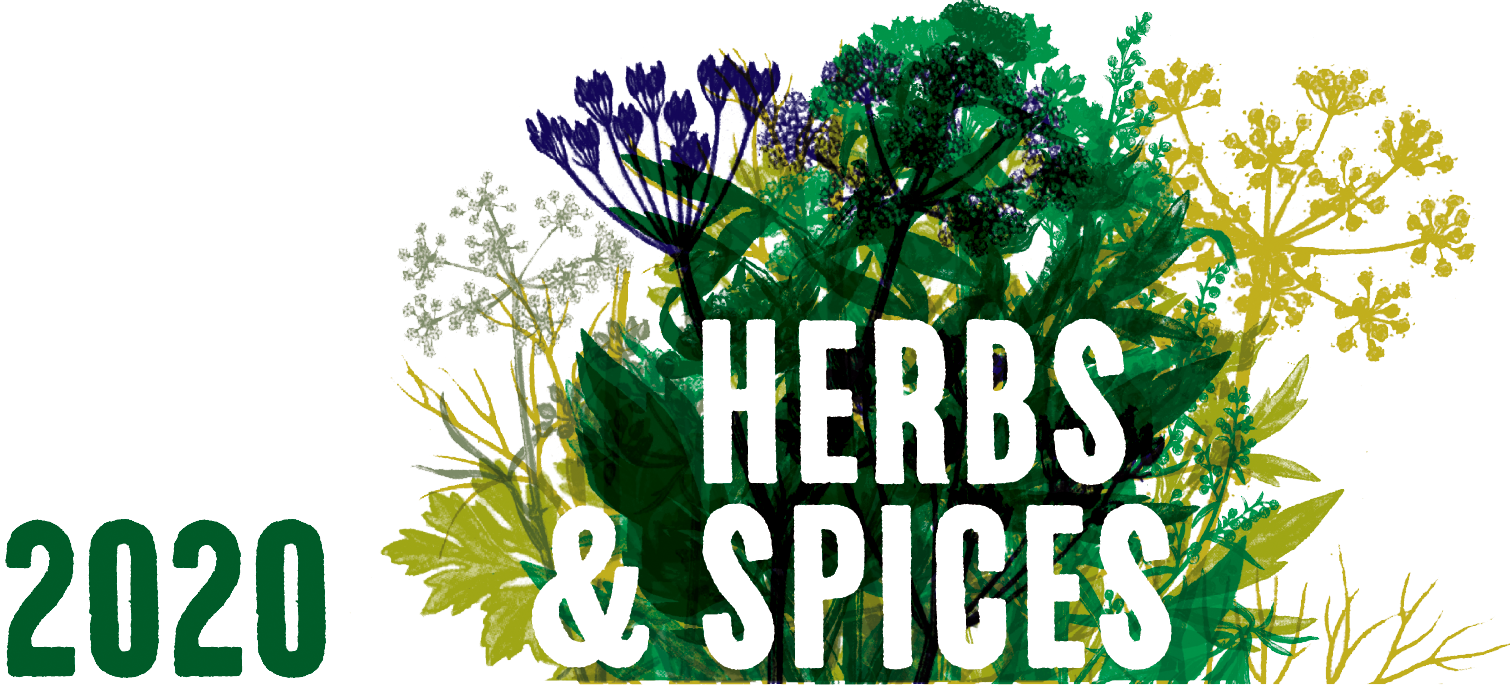
This year it had to be different
The worldwide pandemic required that we transform our annual gathering into a virtual symposium where participants around the globe could join our community remotely. We missed St. Catz – but we were excited and had been working hard to shape the V-Symp in ways that would be engaging, meaningful, and enjoyable.
With the help of our congenial web designers at Igloo, and employing user-friendly technologies, we created a new space, a true spaceship, that allowed for a broad and diverse audience (including many who might otherwise not be able to journey to Oxford) to experience and contribute to our first V-Symp.

V-Symp 2020 started on 10 July with a flurry of concentrated activities over the weekend. Replicating the event at St Catz, we unlocked recorded materials in real time BST, including keynote addresses, paper presentations, chefs’ videos and other materials. We also scheduled breaks for virtual coffees, teas, meals and ‘hangouts’ in the bar, stretching well into the evening: these ‘refreshment breaks’ were opportunities for live chats with fellow symposiasts. The Weekend was a marathon, like the event at St. Catz.
In the three weeks following The Weekend, “The Conference” not only offered the opportunity to view or review all content at a more relaxed pace, but we also scheduled daily live discussions with all paper presenters and the chefs. We concluded the V-Symp on Sunday, 2 August, with the Grande Finale: a final keynote for summing up, the topic selection for 2023 as well as farewell drinks and the disclosure of the Vsymp playlist at the virtual bar of our spaceship. Long may it float, fly, and sail.
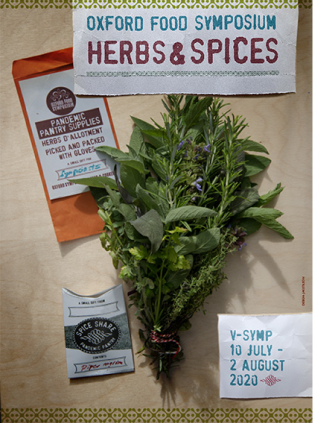
Richard Shepro’s report:
On 4 May 1979 twenty scholars participated in a little conference in Oxford that led in later years to the Oxford Symposium on Food and Cookery. We could play the game of imagining what they might have said had they been told that in the year 2020, after decades of holding symposia in Oxford colleges, the Symposium would be conducted electronically and simultaneously in half the world’s time zones by Picture Phone, illustrated text and musical accompaniment, with each Symposiast participating in his or her own home or office—but that inquiry would be futile because no one could have anticipated (1) the strength and longevity of the Oxford Food Symposium, (2) the technology that could allow a world-wide symposium even to be remotely plausible, and (3) the drive and skill of a world of food-focused heroes to make something happen that no one was even dreaming of in the past…. Read more
Read another personal report from those enriching, emotional weeks by trustee Naomi Duguid.

Plenary sessions
Keynotes
Charles Spence
Vivienne Lo
Harold McGee
Krishnendu Ray
OFS Rising Scholar
Julia Fine
Half-Coloured with Turmeric’: The Visual Function of Spices in Early Modern Britain, in discussion with Polly Russell.
OFS Young Chefs
Andiswa Mqedlana, Jedeiah Esteves, Shannon Compton, Caitriona Nic Philibin
Tools
Wiki edit-a-thon
Food & (mostly) Women, led by Roberta Wedge and Polly Russell.
The Sifter
The cyberworld of cookbooks in a searchable database, presented by Barbara K. Wheaton and Charlie Rubin.
The Oxford Food & Museum Project
And Edible Treasures Unlocked, presented by Linda Roodenburg and Liz Wilding.

Meals & Receptions
Friday Dinner
Pragmatism in an Impractical Place – The Stubborn Cuisine of the Fogo Island
Devised by – Jonathan Gushue and Timothy Charles of Fogo Island Inn
Welcome drinks – Isle of Harris Distillery’s Gin
Dinner, on the table to start with – Salted cod in kohlrabi/seaside rocket/sorrel. Snow crab/cress soup/borage blossom. Turnips/squid ink/smoked lobster oil. Razor clam/beach pea blossom/fire weed blossom/potato cream. Fogo Island salt/partridgeberry butter/cultured butter/roast bake apple butter. Bladderwrack bread. White bean and celery root puree/sea lettuce oil/wild celery seed caper
Second – Mussels and shrimp in roast cabbage broth. Birch bark baked swede and its young tops with cloudberry.
Third – Rose root curd/Soda bread crumb & dried rhubarb/soused gooseberries.
To finish – Molasses and Sweet Gale Cookie.
Recipes – Split Pea Soup, Doughboys, Shaved Cabbage & Juniper, Fogo Island Inn Fishcakes, Rose Cream with Honey & Rhubarb Jelly
Saturday Lunch
One Good Spice: The Pleasure of a Single Fragrance
Devised by – David Tanis and Jill Norman
Menu and recipes – Chilled melon and coriander soup. Courgette pancakes with feta, dill and yoghurt sauce. Slow-roasted lamb shoulder with crushed black pepper. Onion flatbreads with toasted cumin butter. Summer berries in cardamom custard cream. Saffron tea and ginger biscuits
Saturday Dinner
A Spice Odyssey: Asma Khan at Home in the Royal Courts of India
Devised by – Asma Khan of Darjeeling Express
Drinks reception – Anise, the Spirit of Anatolia and Friendship
Dinner, starters – Shikampuri Kabab, Aloo Ke Garlay, Beetroot Chop, Puchkas
Mains – Bengali Prawns Malaikar, Paneer Malaikar, Mutton Dalcha, Hyderabdi Dal, Lagaan ka Gosht, Share Tamatar, Chicken Chaap, Vegetarian Korma
Accompaniments – Saada Pallau, Hyderabadi Mirchi ka Saalan, Bengali Aloo Dam, Saffron paratha
Dessert – Fruit Chaat, Hyderabadi Double ka Meetha, Masala Chai
Recipes – Chicken chaap, Aloo dum spicy potatoes, Hyderabad Dalcha tangy meat with lentils, Paneer malai korma Indian cheese korma, Paneer – homemade Indian cheese, Fruit chaat, Adrak Masala Chai-spiced ginger tea
Sunday Lunch
My Life in a Recipe: Film and V-Fringe BYO Lunch with Sri Owen and film producer Janice Gabriel
Devised by – David Matchett
After dinner events
Fabrizia Lanza
Amaro: A Film About the Bitter Flavours of Sicily.
The Spice Bazaar of Istanbul
A Journey of the Senses; a Gamze Ineceli project.

Parallel sessions & papers


